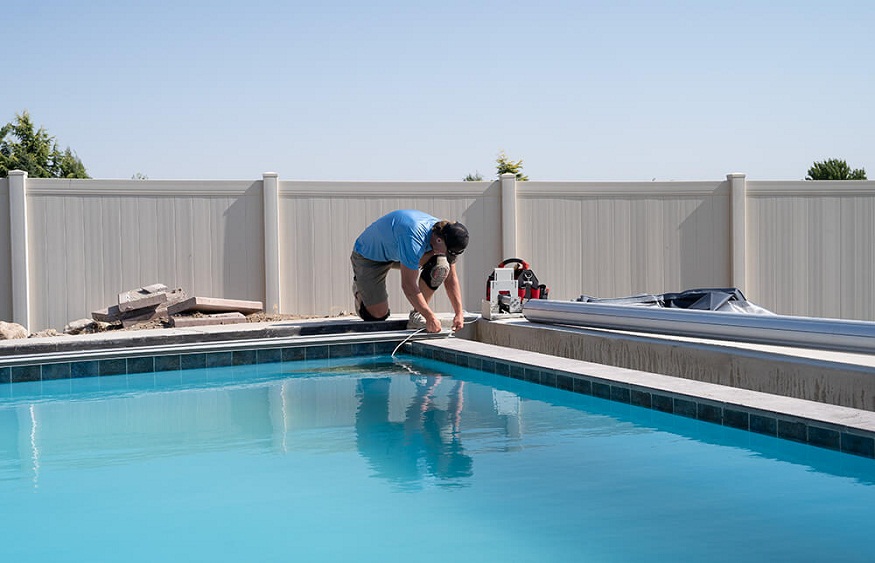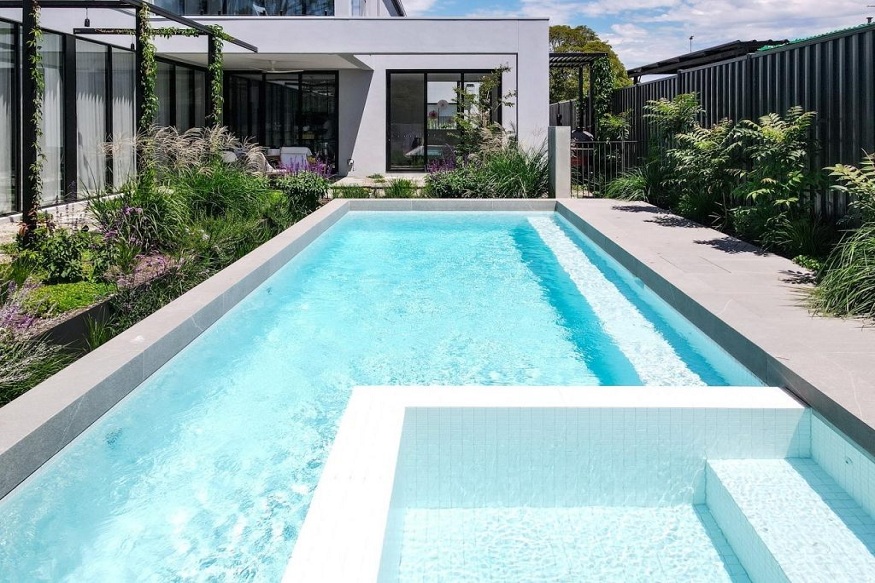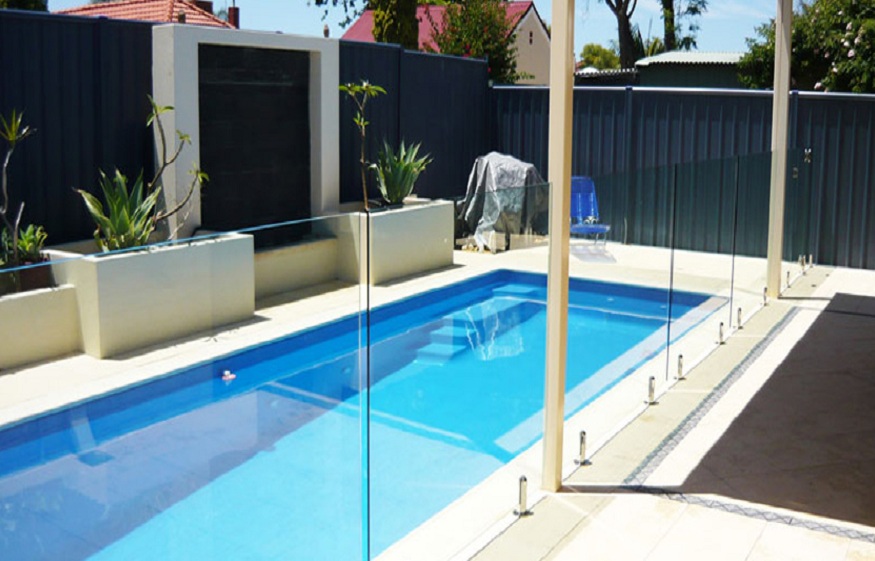Pool Maintenance Demystified: Your Top FAQs Answered
Owning a pool is both a luxury and a responsibility. While it provides endless hours of fun and relaxation, it also requires diligent care to ensure its longevity and safety. Proper pool maintenance is crucial for keeping the water clean, clear, and safe for swimming. In this comprehensive guide, we’ll address the most frequently asked questions about pool maintenance, providing valuable insights and tips that every pool owner should know. Whether you’re a new pool owner or a seasoned pro, this guide will help you keep your pool in top condition all year round.
Common Pool Maintenance FAQs
What are the essential tasks in pool maintenance?
Maintaining a pool involves several key tasks that must be performed regularly. First, skimming the surface to remove debris such as leaves, bugs, and dirt is essential. This prevents the debris from sinking to the bottom and causing further issues. Second, brushing the pool walls and floor helps to remove any algae or dirt build-up, ensuring the pool remains clean. Third, vacuuming the pool removes dirt and debris from the pool floor, maintaining the water’s clarity and cleanliness.
How often should pool maintenance be performed?
The frequency of plunge pools perth maintenance depends on several factors, including the pool’s usage, the environment, and the type of pool. Generally, skimming and checking the filter should be done daily, while brushing and vacuuming can be done weekly. It’s also important to test the water’s chemical levels at least once a week to ensure they remain balanced. Regular maintenance helps to prevent potential issues and keeps the pool in optimal condition.
What is the best time of day for pool maintenance?
Performing pool maintenance at the right time of day can make a significant difference. Early morning or late afternoon is ideal for tasks such as skimming, brushing, and vacuuming. This is because the water is usually calmer, making it easier to remove debris. Additionally, testing the water’s chemical levels in the morning provides a more accurate reading, allowing you to make necessary adjustments before the day’s usage.
How to troubleshoot common pool problems (cloudy water, algae, etc.)?
Cloudy water and algae growth are common issues that pool owners face. To troubleshoot cloudy water, first check the filter and ensure it’s clean and functioning properly. Next, test the water’s chemical levels, specifically the chlorine, pH, and alkalinity. Adjust these levels as needed, and consider using a clarifier to help clear the water. For algae, brush the affected areas thoroughly and shock the pool with a high dose of chlorine. Running the filter continuously until the water clears is also recommended.
Seasonal Pool Maintenance
Spring Opening Tips for Getting Your Pool Ready for the Swimming Season
Spring is the perfect time to prepare your pool for the upcoming swimming season. Start by removing the pool cover and cleaning it thoroughly before storing it away. Next, check the pool’s equipment, such as the pump, filter, and heater, to ensure everything is in working order. Clean and inspect the pool’s walls and floor, and top off the water if needed. Finally, test and balance the water’s chemical levels to create a safe swimming environment.
Summer Maintenance How to Maintain Water Quality and Safety During Peak Usage
During the summer months, when the pool is in constant use, maintaining water quality and safety is paramount. Skim the pool daily to remove debris and prevent it from sinking. Test the water’s chemical levels more frequently, aiming for at least twice a week, to ensure they remain balanced. Regularly clean the filter to maintain its efficiency, and consider using a pool cover when the pool is not in use to reduce evaporation and keep debris out.
Fall Closing Steps to Protect Your Pool During the Off-Season
Properly closing your pool for the fall and winter months is crucial for protecting it during the off-season. Start by thoroughly cleaning the pool and balancing the water’s chemical levels. Lower the water level to below the skimmer, and drain all pool equipment to prevent freezing damage. Add winterizing chemicals to the water, and cover the pool securely with a winter cover to keep out debris and prevent algae growth.
Eco-Friendly Pool Maintenance
Sustainable and Cost-Effective Practices for Pool Maintenance
Eco-friendly pool maintenance not only benefits the environment but can also save you money. One sustainable practice is using a pool cover to reduce water evaporation, which conserves water and lowers heating costs. Additionally, opting for energy-efficient pool pumps and LED lighting can significantly reduce energy consumption. Regularly maintaining your pool’s equipment ensures it operates efficiently, further reducing energy usage and costs.
The Use of Solar Covers Energy-Efficient Pumps and Natural Cleaning Methods
Solar covers are a great investment for eco-friendly pool maintenance. They help to retain heat, reducing the need for additional heating, and minimise water evaporation. Energy-efficient pumps, such as variable-speed pumps, use less energy compared to traditional single-speed pumps. Natural cleaning methods, like using saltwater systems or mineral purifiers, reduce the need for harsh chemicals, making the pool safer for swimmers and the environment.
Professional vs. DIY Pool Maintenance
Pros and Cons of Hiring a Professional Pool Service
Hiring a professional pool service has its upsides and downsides. One major advantage is the expertise professionals provide, ensuring your pool is maintained correctly. They use high-quality equipment and chemicals, leading to better care. However, the cost can be high, which may not be affordable for all pool owners. Also, scheduling regular visits might be inconvenient for some.
Basic Pool Maintenance Tasks Homeowners Can Do Themselves
Homeowners can handle many basic pool maintenance tasks, saving time and money. Skimming the pool daily to remove debris, brushing the walls and floor weekly, and vacuuming regularly are simple tasks. Testing and balancing the water’s chemical levels can also be done with a home testing kit. By doing these tasks, homeowners can keep a clean and safe pool without professional help.
Conclusion
Regular pool maintenance is essential for ensuring a clean, safe, and enjoyable swimming environment. By addressing common questions and providing practical tips, we hope this guide has equipped you with the knowledge needed to maintain your pool effectively. Remember, whether you choose to handle maintenance tasks yourself or hire a professional service, consistency is key. If you have any further questions or need personalised advice, don’t hesitate to reach out. Share this guide with fellow pool owners and subscribe to our newsletter for more valuable pool maintenance tips.



